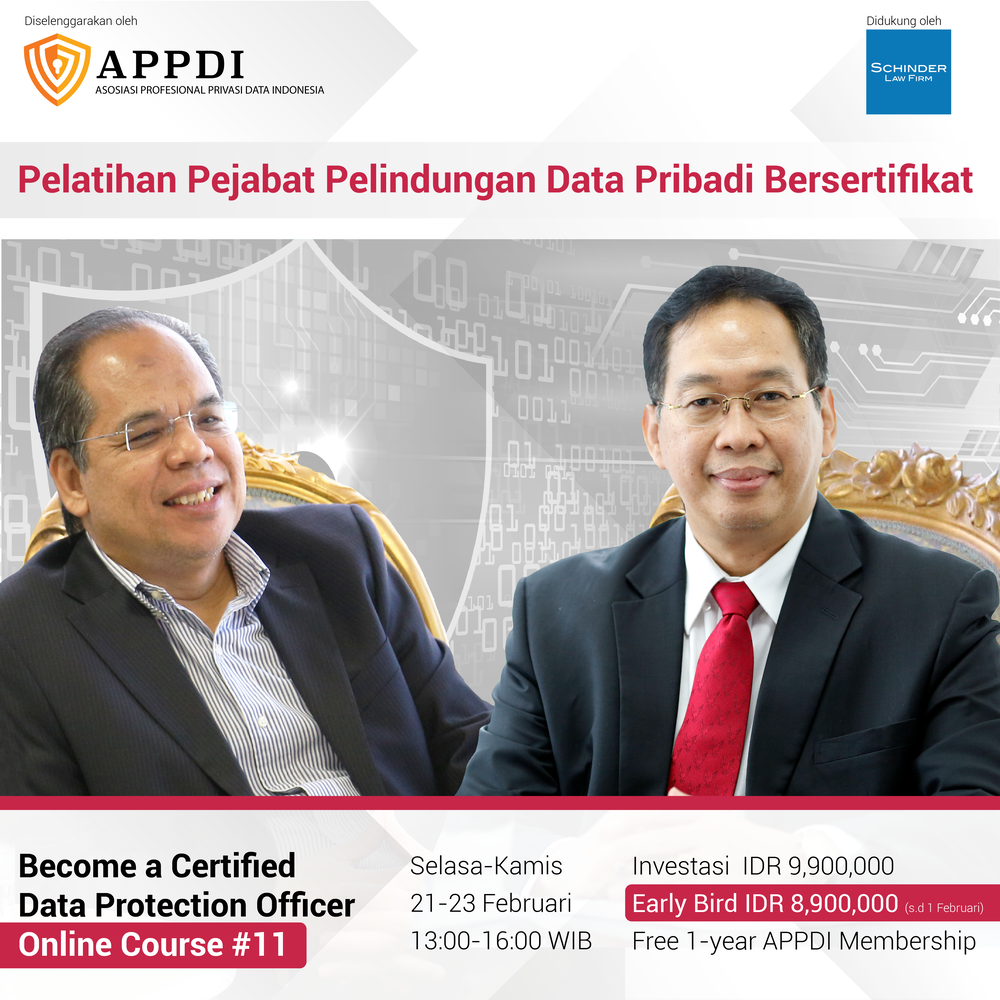Abstract
Climate change poses profound threats to the Earth and its people. Its mitigation, therefore, demands common but differentiated actions with comprehensive and coordinated approach. The global community has pledged to mitigate various greenhouse gases in some international soft law instruments. Exploitation of renewables to generate energy and produce electricity is simultaneously suggested for the last couple of decades as a viable alternative in mitigating climate change. This gets momentum with the adoption of the historical and universally ratified Paris Agreement in 2016 where energy is placed at the heart of the Agreement. Energy, where renewable energy is a branch, is generally regulated and governed domestically and so, international legal regime is still evolving in this regard. In the absence of any specific and direct international instrument on energy and renewable energy, published literatures have considered this topic from different directions ranging from climate change to the principle of national sovereignty, economic, trade and investment issues. In this backdrop, this paper aims to introduce various renewable sources, prospects and challenges in their promotion that may help to mitigate the adverse effects of climate change. Relevant international law provisions have been evaluated, performances of the relevant regional and international organizations active in this sector are highlighted and some of the disputes in this area considered in international forums are duly addressed. It is revealed that strong political will of the global community in fulfilling their commitments made so far in different international forums is the key to transforming the world into a better one for the future generation.
Keywords:
climate change; greenhouse gases; renewable energy sources; renewable energy law; sustainable development; energy security
1 Faculty of Law, University of Malaya, 50603 Kuala Lumpur, Malaysia; abmunir@um.edu.my
2 University of Malaya Malaysian Centre of Regulatory Studies (UMCoRS), University of Malaya, Jalan Pantai Baru, 59990 Kuala Lumpur, Malaysia
3 Department of Law, East West University, Jahurul Islam Avenue, Jahurul Islam City, Aftabnagar Dhaka-1212, Bangladesh; karimataul@ewubd.edu
4 School of Engineering, Robert Gordon University, Garthdee Road, Aberdeen, AB10 7GJ, Scotland, UK; n.sellami@rgu.ac.uk
5 Universiti Kuala Lumpur British Malaysian Institute, Batu 8, Jalan Sungai Pusu, 53100 Gombak, Selangor, Malaysia; hawa012@gmail.com
6 UTM Razak School of Engineering and Advanced Technology, Universiti Teknologi Malaysia, 54100 Kuala Lumpur, Malaysia; mzaki.kl@utm.my
* Correspondence: ershadulkarim@um.edu.my (M.E.K.); f.b.muhammad-sukki@rgu.ac.uk (F.M.-S.); nurulaini.kl@utm.my (N.A.B.)
2 University of Malaya Malaysian Centre of Regulatory Studies (UMCoRS), University of Malaya, Jalan Pantai Baru, 59990 Kuala Lumpur, Malaysia
3 Department of Law, East West University, Jahurul Islam Avenue, Jahurul Islam City, Aftabnagar Dhaka-1212, Bangladesh; karimataul@ewubd.edu
4 School of Engineering, Robert Gordon University, Garthdee Road, Aberdeen, AB10 7GJ, Scotland, UK; n.sellami@rgu.ac.uk
5 Universiti Kuala Lumpur British Malaysian Institute, Batu 8, Jalan Sungai Pusu, 53100 Gombak, Selangor, Malaysia; hawa012@gmail.com
6 UTM Razak School of Engineering and Advanced Technology, Universiti Teknologi Malaysia, 54100 Kuala Lumpur, Malaysia; mzaki.kl@utm.my
* Correspondence: ershadulkarim@um.edu.my (M.E.K.); f.b.muhammad-sukki@rgu.ac.uk (F.M.-S.); nurulaini.kl@utm.my (N.A.B.)

